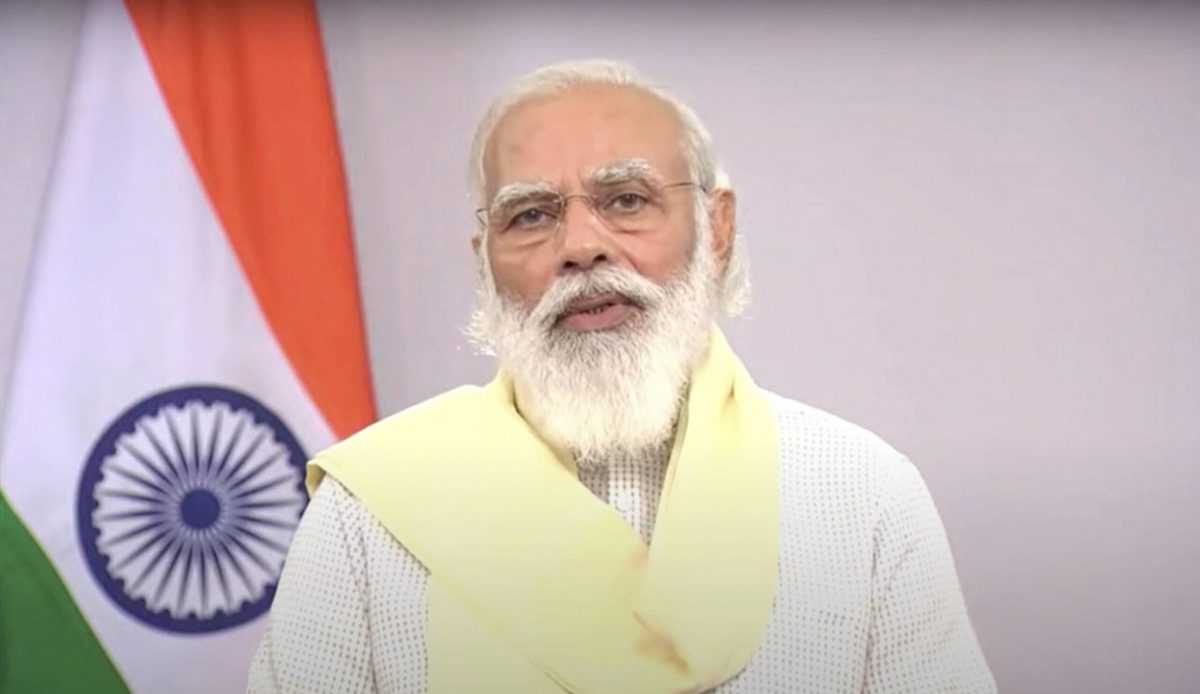Hyderabad: Prime Minister Narendra Modi did not consult key ministries, like health, finance and disaster management before imposing what is now being considered one of the world’s strictest lockdowns, revealed an investigation by BBC.
The BBC in its report claimed that it filed more than 240 RTI applications with various Indian government departments to find out if and how much they were consulted ahead of the lockdown. “The responses revealed that there is no evidence of key experts or government departments being consulted prior to the lockdown being implemented,” the BBC report said.
Moreover, the report states that the home ministry, which played a key role in executing the lockdown, repeatedly rejected their request for information. The BBC report further said that the government denied its request for a statement explaining why concerned departments were not consulted in advance.
“The offices of the chief ministers in Delhi, Assam and Telangana, as well as those of the governors of Punjab, Gujarat and Uttar Pradesh replied to the BBC’s request saying they did not have any evidence indicating prior consultations on the lockdown,” the report said.
India went into lockdown on March 24, 2020, with only 519 active cases present and nine people dead. The government forced people to remain at home for months, stating that it would curb the spread of pandemic and give officials the time to trace cases, conduct tests and speed up patients’ recovery.
However, the 68-day lockdown, which the University of Oxford included among the world’s strictest, hit the poor people of India the hardest, with them losing jobs and even lives. People with serious medical conditions found it difficult to seek medical health even in the urban areas of Delhi, Mumbai and Hyderabad, as the movement was severely restricted.
The ones that were hit the hardest were the informal workers, who form the bulk of the Indian workforce. They were mostly street vendors and manual labourers who were migrants. They were suddenly left without work, and had no other source of income. Lakhs of them began leaving metro cities and literally walked back home.
Many experts believe that the hasty imposition of the lockdown without consulting important ministries led local governments to be ill-equipped for the migrant exodus that ensued. The central government stated in the Parliament that they do not have official data on the number of migrants who lost their lives.
The government of India claims that the lockdown averted between 14 to 29 lakh COVID-19 cases and that it saved over 78,000 lives, giving the authorities the time to beef up the infrastructural and medical facilities to respond to the pandemic.

